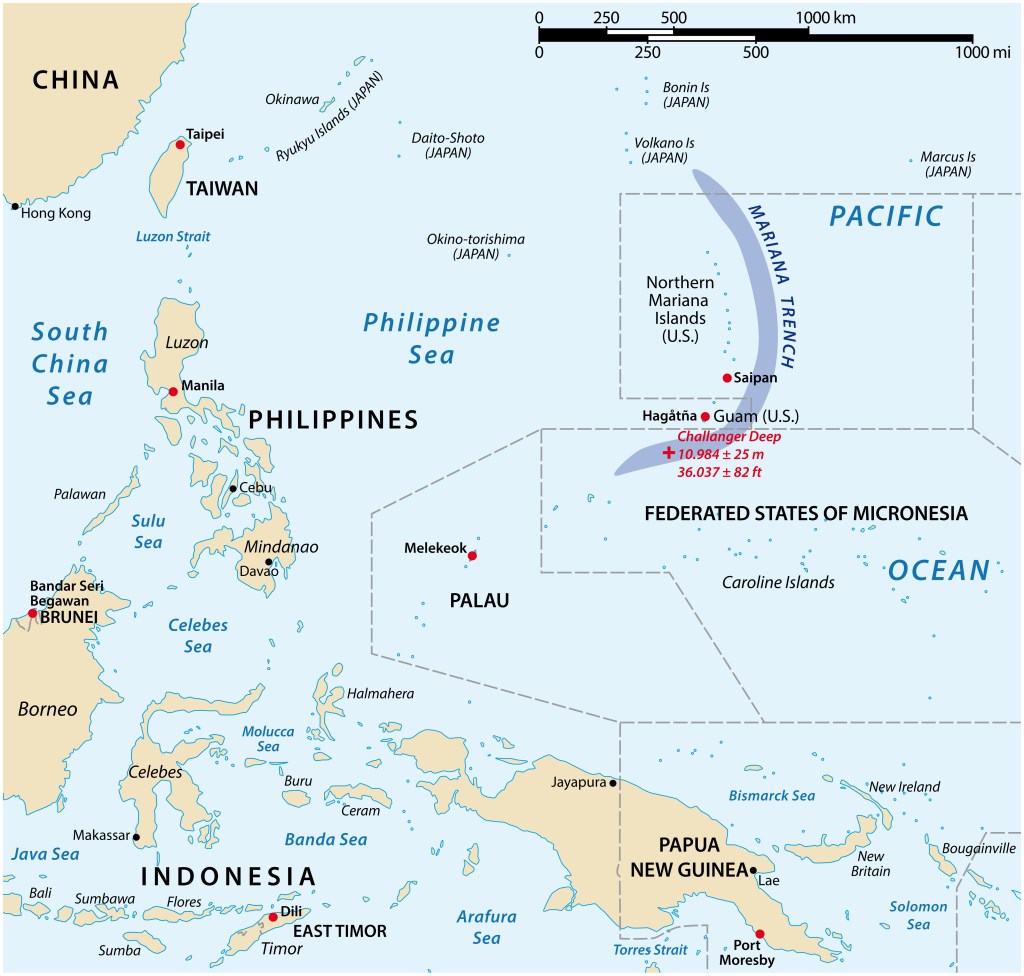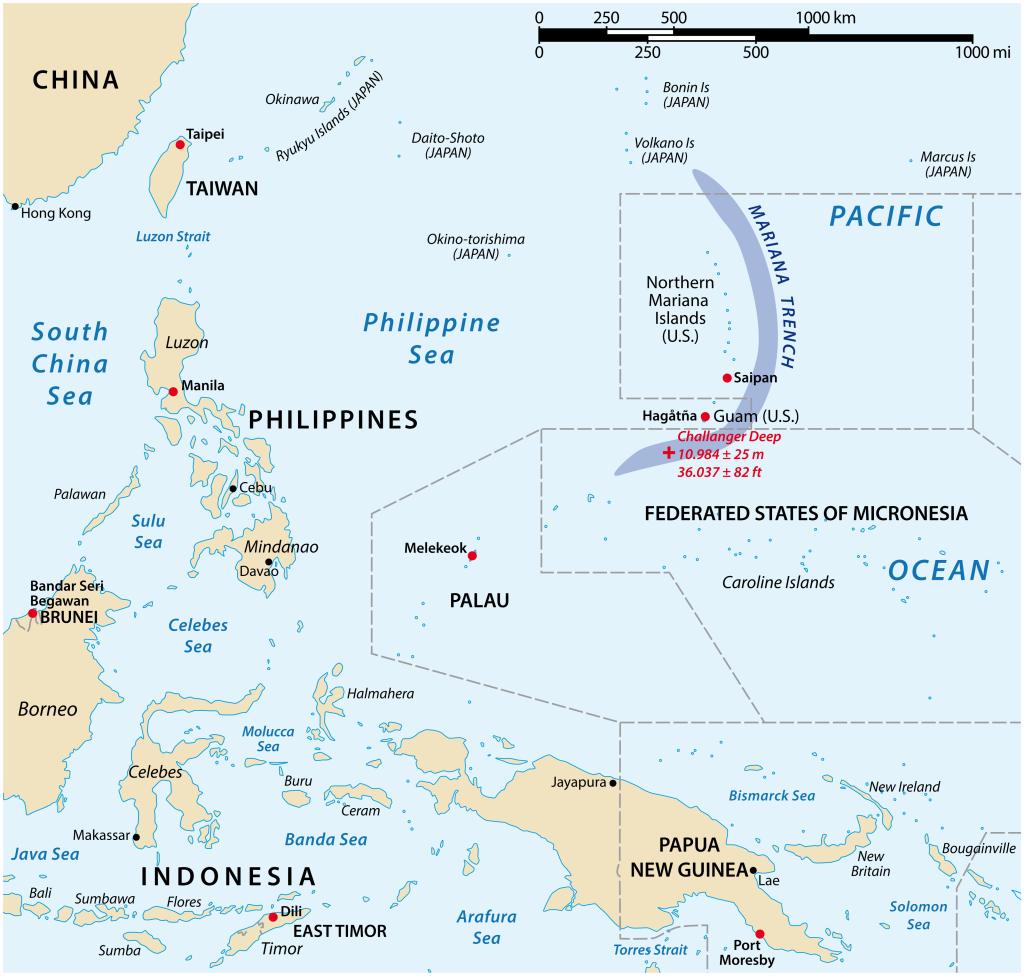Sen. Joni Ernst slams Biden over loophole that may allow Chinese spies to invade US islands
Two Republican lawmakers ripped into the Biden administration Monday over its blasé reaction to concerns raised last year about an apparent carveout that lets Chinese nationals onto US soil without a visa.
Under the policy, certain Chinese nationals can enter the Northern Mariana Islands, an American territory roughly 1,600 miles east of the Philippines, without business or tourism visas for multiple weeks at a time.
“Instead of listening to my calls to close this gap and prevent further [Chinese Communist Party] espionage, the Biden administration dragged their feet for four months and now is defending an outdated policy,” Sen. Joni Ernst (R-Iowa) told The Post.
Ernst, who sits on the Senate Armed Services Committee, had warned in a Nov. 30 letter to Homeland Security Secretary Alejandro Mayorkas that the policy could be exploited by Chinese spies.
The Department of Homeland Security responded last week, insisting that it is “vigilant in its screening and vetting duties.”
“Make no mistake, they are putting our military secrets at risk,” Ernst said. “We must change this visa policy and put an end to Chinese nationals accessing our military installations on US territories for any malign activity.”
The visa waiver program in question dates back to 2009, when the DHS leveraged “discretionary authority” to allow Russian and Chinese nationals into the Northern Mariana Islands for business and pleasure.
The 14-island chain officially became a US territory back in 1986 and lies adjacent to the island of Guam, home to numerous key military installations.
When asked for comment about Ernst’s remarks, a DHS spokesperson told The Post that the department “responds to congressional correspondence directly via official channels, and the Department will continue to respond appropriately to Congressional oversight.”
Ernst fretted that Chinese nationals could theoretically “use a visa loophole to gain access to our critical military installations in Guam.”
In a response to Ernst and Rep. Neal Dunn (R-Fla.), DHS official Zephranie Buetow stressed that Chinese nationals would not be able to move from the Northern Marianas to other locations.
“[Chinese] nationals may travel to the CNMI without a visa for the purpose of a temporary visit for business or pleasure for up to 14 days; they are not authorized for employment,” Buetow explained.
“Individuals without a visa are not authorized to travel to other parts of the United States, including Guam. When these individuals are encountered at CNMI airports, US Customs and Border Protection will prohibit their onward travel to other US destinations.”
Buetow also said that “where necessary,” US officials have been “denying entry to high-risk travelers” seeking to benefit from the visa waiver program.
Critics like Ernst and Dunn contend that the policy creates the possibility that some Chinese nationals will work illegally or exploit their entrance onto the island chain to advance Chinese Communist Party interests.
“DHS has responded with willful ignorance of ongoing national security concerns,” Dunn argued. “[DHS officials] fail to see why it’s critical that we must implement the requirement of a B-1/B-2 visa to enter the CMNI to successfully deter the Chinese Communist Party’s aggression and transnational repression.”
“Law enforcement does an outstanding job capturing those with ill-intent, but look how DHS handles our border crisis. We cannot risk the same thing occurring in the [Northern Mariana Islands].”

















